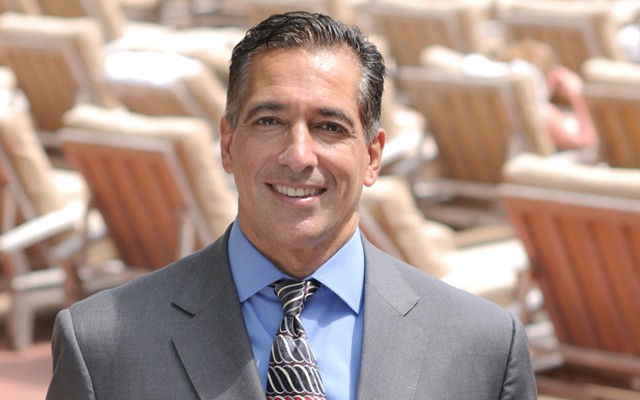What do you remember and appreciate about your favorite teachers? Is it that they allowed you to mess around in class and slack off, or that they found creative ways to teach and pushed you to work hard?
I personally remember those teachers who were tough, and, in retrospect, I’m grateful they set clear expectations and boundaries around what was and wasn’t acceptable. I learned many lessons from them that have helped me become the person I am today.
Teaching is not an easy career to go into, yet it’s one of the most important professions in a culture. Teachers play a critical and invaluable role in preparing our kids — tomorrow’s adults — for life outside the classroom.
But even though educators are the backbone of our schools, the structure of the education system in the United States is not set up to adequately support them. In fact, it often puts them in challenging situations.
In most careers, salaries are based on education, experience, and performance. Not so with teaching.
In many school districts, teachers aren’t compensated based on their level of education or experience. While many go into the profession for their love of teaching and working with children, being fairly rewarded for their work is an issue. Whether they’re terrific or terrible at their job, teachers get paid roughly the same — with few opportunities for professional development or financial growth.
Add to that the fact that many teachers have to forgo their summers off to make ends meet, and it’s no wonder many educators are leaving the field. A 2016 study reported that some 8 percent of teachers abandon the profession each year. The result will imminently be a shortage of educators.
Some of this, no doubt, also stems from the important issues of lack of respect and responsibility in the classroom. Disrespect, in my view, is the No. 1 problem facing our teachers.
Lack of respect for teachers has increased significantly in recent years: Many kids haven’t been taught, directly or indirectly, that teachers are authority figures. At the same time, the ability of teachers to hold students accountable for poor performance or bad behavior has decreased. So the people we’re charging to educate our kids have relatively little say over how to manage tough situations in their own classrooms.
As parents, grandparents, and mentors, one of our most important jobs is to demonstrate respect to our children — for teachers and everyone around us.
We must also model responsibility. Too often, teachers are blamed when a child flunks a test or fails a class. But our kids are not entitled to certain outcomes. If a teacher has done his or her job of delivering lessons in ways that are clear and engaging, the onus is really on the students and their parents to prove their knowledge on the topic. For some, though, it’s easier to point the finger back at the teacher for “failing” to do his or her job.
In addition, teachers are also dealing with limited resources and large class sizes (I would argue that class size has little to do with student performance, though it does play a role when the ability to manage a classroom is reduced).
When it comes down to it, schools are responsible to the citizens in their communities, and our teachers need more of us to advocate on their behalf. They need us to raise our voices for a stronger education system that supports them, and that offers better pay and more opportunities for career advancement. This will, in time, encourage more qualified individuals to enter the field, and reward those who are already committed to it.
We can start the work by getting involved in our schools, talking to our administrators and school-board members, and teaching our kids about the importance of learning. The future of a society depends on the quality of education its next generation receives and the character of the children it nurtures.
So thank you to all of the teachers out there — we see you, we need you, and we are grateful for your commitment to our children and our future.




This Post Has 0 Comments